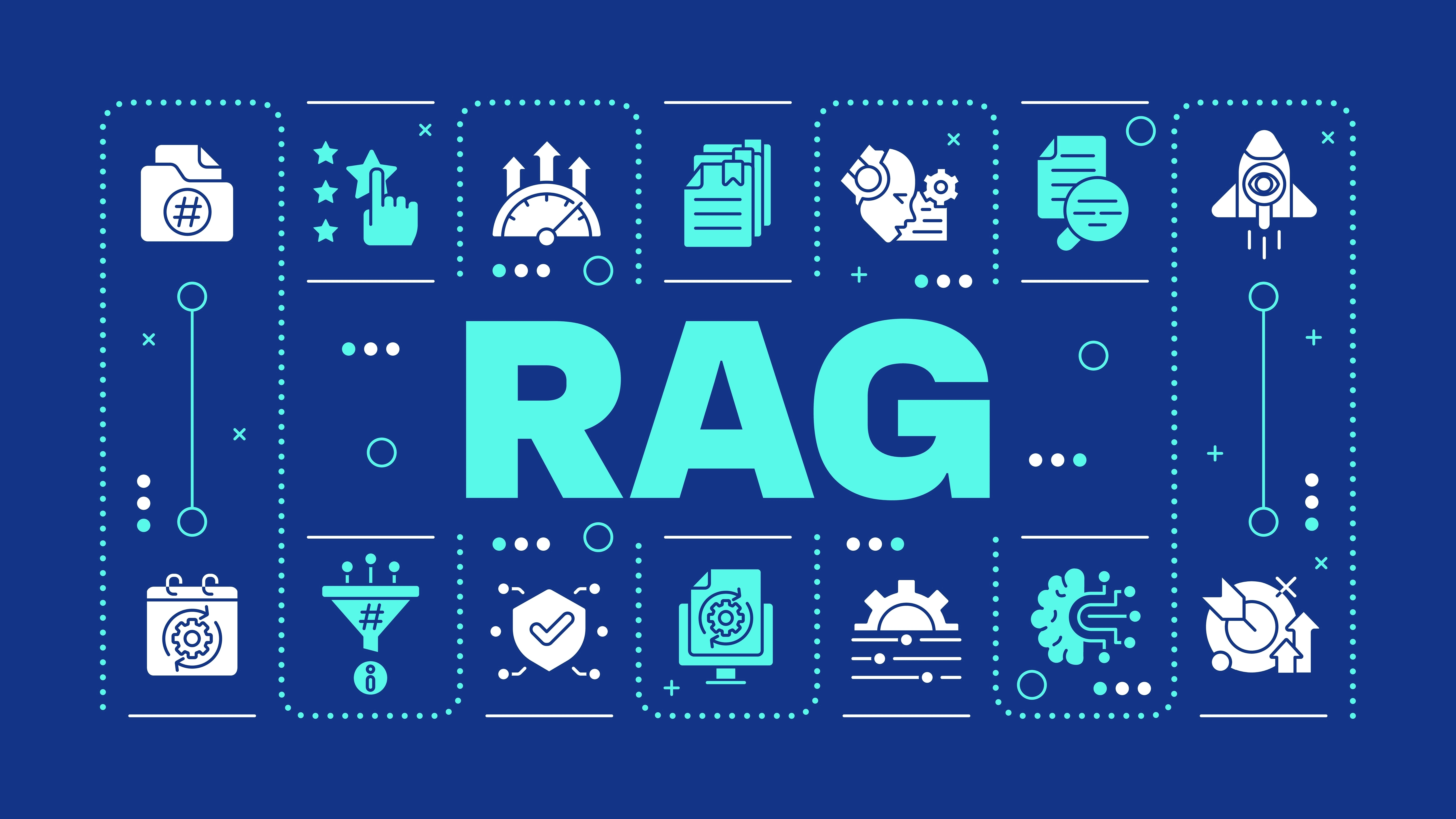Blog
The workplace is changing rapidly. As digital natives fill our offices, they bring fresh expectations about how technology should work. These expectations most likely also reflect the priorities of our customers. Yet many organisations still rely on outdated knowledge management systems that belong in a different era. The disconnect between modern work habits and legacy tools creates daily frustration – and it's costing businesses both time and talent.
Let's explore the five major challenges organisations face when their knowledge systems fail to keep pace with today's workforce:
The Data-to-Insight Bottleneck
Companies today collect massive amounts of data but struggle to transform it into actionable insights. While workers need quick answers, outdated knowledge systems deliver slow, difficult-to-use results. This creates a daily productivity drain as employees wrestle with systems that should help, not hinder their work.
Outdated Search Capabilities
Modern workers expect Google-like search experiences. Instead, they get clunky systems that return endless document lists rather than clear answers. This forces employees to wade through pages of results just to find basic information. The contrast between consumer and enterprise search becomes more frustrating each day.
Information Silos
Critical information remains trapped in separate systems and platforms. Employees waste valuable time jumping between different tools just to piece together complete answers. While consumer technology offers seamless connectivity, business knowledge remains fragmented across disconnected databases and formats.
The Generation Gap
Gen Z workers approach information differently. Having grown up with intuitive, smart technology, they expect instant understanding, not just data access. Traditional knowledge bases feel ancient to this generation of digital natives. This misalignment doesn't just slow productivity – it actively disengages young talent who expect better tools.
Analytics Without Context
Traditional analytics platforms were built for technical specialists, not modern workers. Today's employees need to understand and share insights instantly, but current tools don't support this natural workflow. Even adding AI isn't enough if it simply processes data faster without presenting information in ways that match how modern workers think and collaborate.
Looking Ahead
Companies that tackle these challenges head-on will gain a significant advantage. By building knowledge systems that match how future employees work, they'll not only attract and retain top talent but also create more satisfied customers. SnapInsight represents one very capable solution to these problems. The question isn't whether to update these systems, but how quickly your organisation can adapt to meet modern expectations.
Latest
















